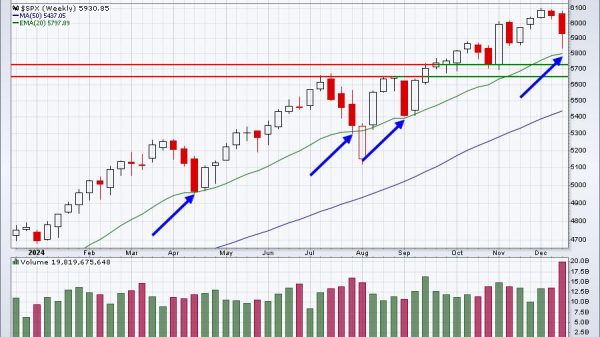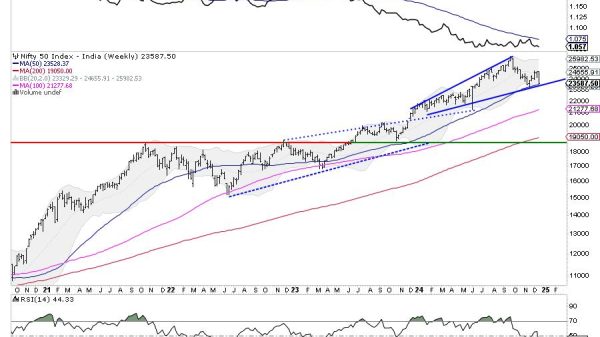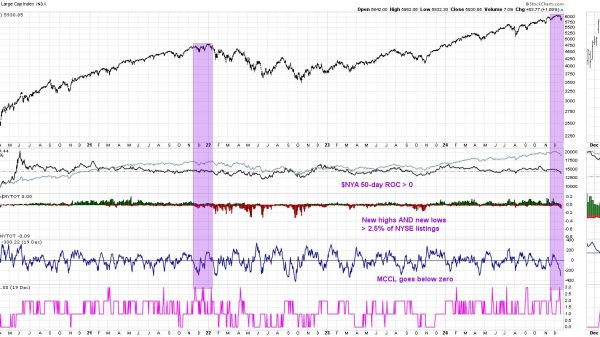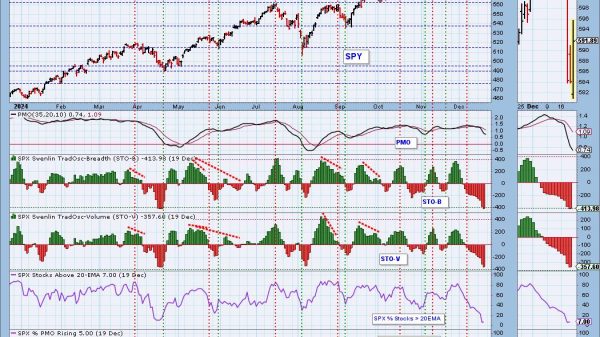In a past Mises Wire article, I’ve written about how Saint Thomas Aquinas’s definition of hope correlates incredibly well with what Carl Menger would describe in his definition a good six centuries later. This trend of religious figures like Aquinas and his later followers, the late Spanish scholastics, discovering economic truths despite studying theology, not economics, can be found often throughout the course of history. Tom Woods has explained this by stating:
One of the characteristic features of Catholic thought over the centuries has been its emphasis on reason. Man’s mind, according to this tradition, is capable of apprehending a world of order that exists outside itself. Man is able to abstract “universals” from the myriad objects and sense data that appear to him and thus bring order to the chaos of mere data above which mere brutes can never ascend.
However, it feels easy to apply this emphasis on reason to these scholastics. They were of a very scholarly (as the name scholastic implies) tradition, so it makes sense that whatever they study, they would likely happen upon economic truths. I’d like to take Woods’s reasoning that this thought leads to economic discoveries and apply it instead to the fourth-century mystic Saint Augustine.
To fully appreciate Saint Augustine’s economic contribution, we must remember that we often give the late scholastics credit for being the proto-Austrians to have first discussed what may be the most important Austrian principle: subjective value. This can be seen in Jesús Huerta de Soto’s first chapter of Fifteen Great Austrian Economists:
We should note how [Juan de] Mariana refers to the fact that the “common estimation” of men is the origin of the value of things, thus following the traditional subjectivist doctrine of the scholastics, which was initially proposed by Diego de Covarrubias y Leyva. Covarrubias (1512–1577), the son of a famous architect, became bishop of the city of Segovia and a minister to King Philip II. In 1554, he set forth better than anyone before the subjectivist theory of value, stating that “the value of an article does not depend on its essential nature but on the subjective estimation of men, even if that estimation is foolish,” illustrating his thesis with the example that “in the Indies wheat is dearer than in Spain because men esteem it more highly, though the nature of the wheat is the same in both places.”
Mariana and Covarrubias were both brilliant in their own right and most certainly deserve the credit Huerta de Soto gives them in this passage. Covarrubias most certainly stated the concept of subjective value more explicitly than anyone before and perhaps better than anyone before; however, the concept itself was far from new, even back in the sixteenth century. Eleven hundred years before Covarrubias, Saint Augustine had presented a similar point in his book The City of God. He presented a concept regarding the natural order of the universe in hierarchies. Among his hierarchies, he stated that living things are preferable to nonliving things. However, this led him to a question: “Who would not rather have bread in his house than mice, gold than fleas?”
Saint Augustine properly noted that it would be absolutely ridiculous to make the claim that a man would desire a mouse over bread or fleas over gold on the simple basis that fleas and mice are living, and bread and gold are not. In an almost praxeological instinct, Saint Augustine even went on to examine actual exchanges that were occurring in his day in which nonliving things were being traded for far more than many living things. To square this circle in his claim, Saint Augustine further explains:
Thus, the reason of one contemplating nature prompts very different judgments from those dictated by the necessity of the needy, or the desire of the voluptuous; for the former considers what value a thing in itself has in the scale of creation, while necessity considers how it meets its need.
Saint Augustine, one of the early church fathers long before the School of Salamanca was making its brilliant economic discoveries, was already discussing the subjective theory of value as he explained that there was a difference between value in the scale of creation and value as how something that meets a need. It was certainly not as explicitly stated as Covarrubias would later brilliantly put it, but the idea was already beginning to take shape. This shows, by the very nature of approaching reality with a mind focused on reason, Saint Augustine—a fourth- and fifth-century mystic, most certainly not an economist—inherently dove into the same ideas that Austrians look at today.























